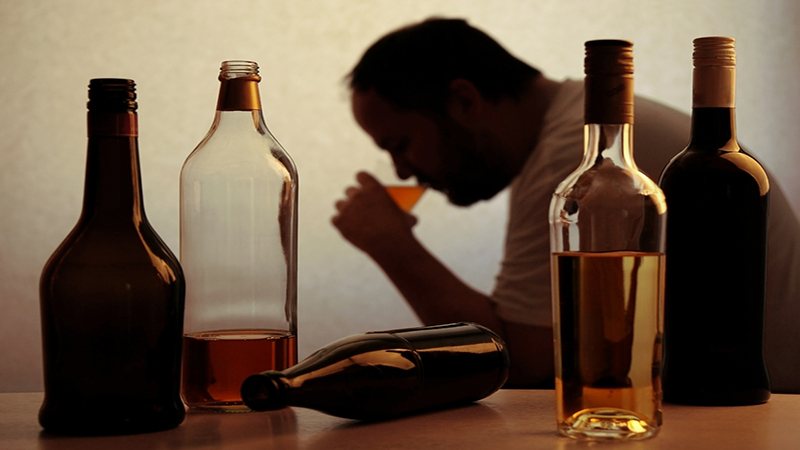Liver Health Alert: Unveiling the Greater Risks of Binge Drinking Compared to Daily Alcohol Intake
Unlocking the Liver’s Secrets: Binge Drinking and Genetic Predisposition Amplify Alcohol-Related Cirrhosis Risk!

New revelations from researchers underscore the perilous link between binge drinking, genetic susceptibility, and the alarming surge in alcohol-related cirrhosis risk. This groundbreaking study highlights the six-fold increased risk faced by individuals engaging in binge drinking with a genetic predisposition to cirrhosis. Adding another layer to the equation, those with type 2 diabetes face even greater threats.
The study, detailed in Nature Communications, challenges conventional thinking about alcohol-related cirrhosis, showcasing how binge drinking, often associated with acute events, can be as detrimental as chronic alcohol misuse. The findings emphasize the need for targeted interventions and offer valuable insights to identify individuals at elevated risk of liver disease.
Key Study Insights:
- Binge Drinking and Genetic Risk Multiplication: Binge drinkers with a genetic predisposition face a six-fold increased risk of alcohol-related cirrhosis compared to those within daily limits and low genetic susceptibility.
- Type 2 Diabetes Amplifies Risk: Participants with type 2 diabetes and a history of binge drinking further elevate their risk, creating a complex interplay of factors.
- Volume vs. Pattern of Drinking: The study challenges the notion that volume alone determines risk, emphasizing the significance of drinking patterns. Binge drinking, characterized by consuming 12 units of alcohol in a day, heightens the risk even when not combined with other factors.
Insights from Experts:
Experts suggest that the shock of binge drinking may overwhelm the liver’s ability to metabolize alcohol, acutely affecting the cells and potentially causing more serious injuries than sustained alcohol consumption. The study urges a shift in focus from overall volume to the pattern of drinking, highlighting the severe consequences of binge on liver health.
The Role of COVID-19:
Dr. Steven Bell, a senior author of the study, notes the surge in liver disease and alcohol-related fatalities since the COVID-19 pandemic. The findings equip healthcare professionals with novel tools to pinpoint high-risk individuals, directing interventions effectively in the face of this concerning trend.
Understanding Binge Drinking:
Defined by the National Institute on Alcohol Abuse and Alcoholism (NIAAA) as episodes where blood alcohol concentration reaches 0.08% or more, binge poses severe risks. Recognizing the leading role of liver disease in premature deaths worldwide, this study calls for heightened awareness among individuals with genetic predispositions, emphasizing the power of informed decisions to prevent irreversible liver damage.










